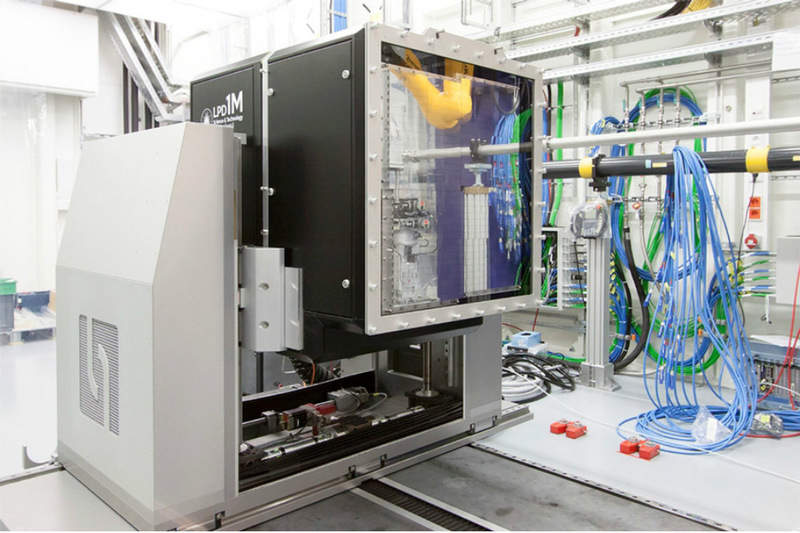
The UK has signed the European X-Ray Free-Electron Laser (XFEL) convention in Berlin, Germany.
The convention focuses on the development of new therapies for life-threatening diseases using a super-strength laser.

Discover B2B Marketing That Performs
Combine business intelligence and editorial excellence to reach engaged professionals across 36 leading media platforms.
It is set to be carried out through the Ageing Society Grand Challenge with an investment of £4.7bn for research and development.
Under the XFEL programme, the UK will join other member countries including France, Germany, Italy and Switzerland, to use a super-strength laser to gain better insights into deadly viruses.
XFEL is an X-ray machine that works like a microscope. The laser employs intensely bright and short duration X-ray flashes to map the atomic details of viruses.
It can also be used to study cell composition, and 3D image atoms and molecules.

US Tariffs are shifting - will you react or anticipate?
Don’t let policy changes catch you off guard. Stay proactive with real-time data and expert analysis.
By GlobalDataUK science minister Sam Gyimah said: “The incredible XFEL will help us better understand life threatening diseases by using one of the world’s most powerful X-ray machines.
“Working with our international partners, the super-strength laser will help develop new medical treatments and therapies, potentially saving thousands of lives across the world.”
The advanced large pixel detector (LPD) camera for XFEL has been developed by engineers from the Science and Technology Facilities Council (STFC) of the UK. The STFC has also contributed a number of UK researchers who are currently working at the facility.
Since 2008, the UK has contributed £30m for the construction of the facility. The government plans to provide an additional £2.5m per year to support operations.
A training facility, the UK XFEL life sciences hub, has been opened at the Diamond Light Source on the Harwell campus in Oxfordshire to train British scientists on using XFELs.




